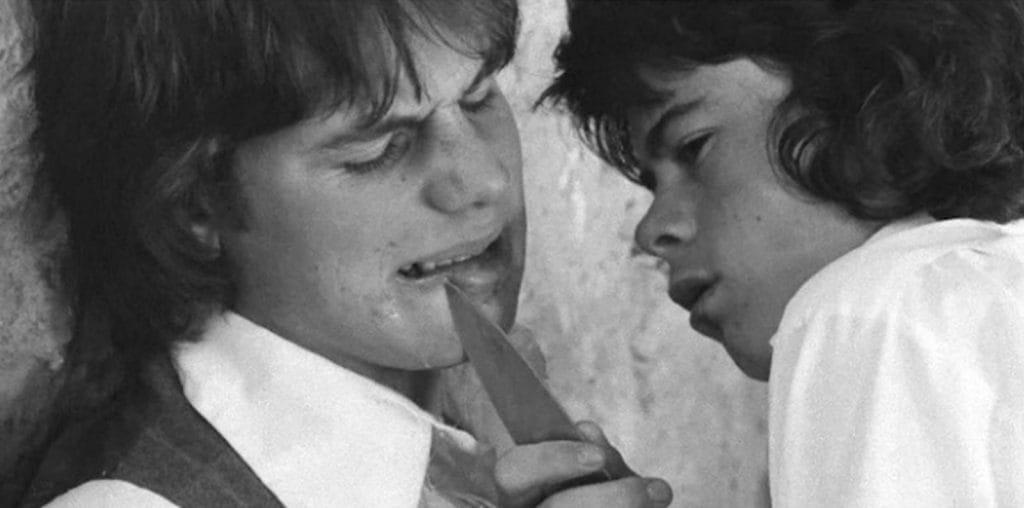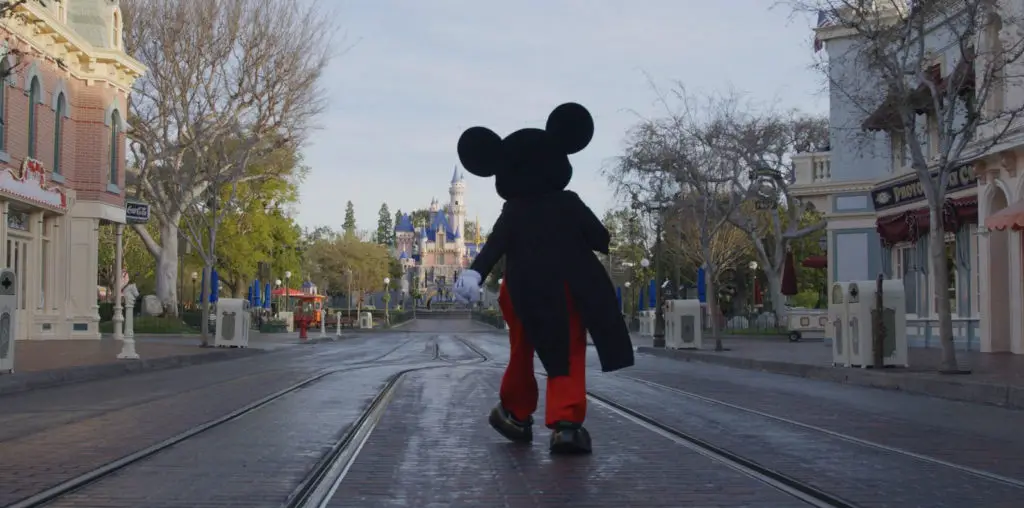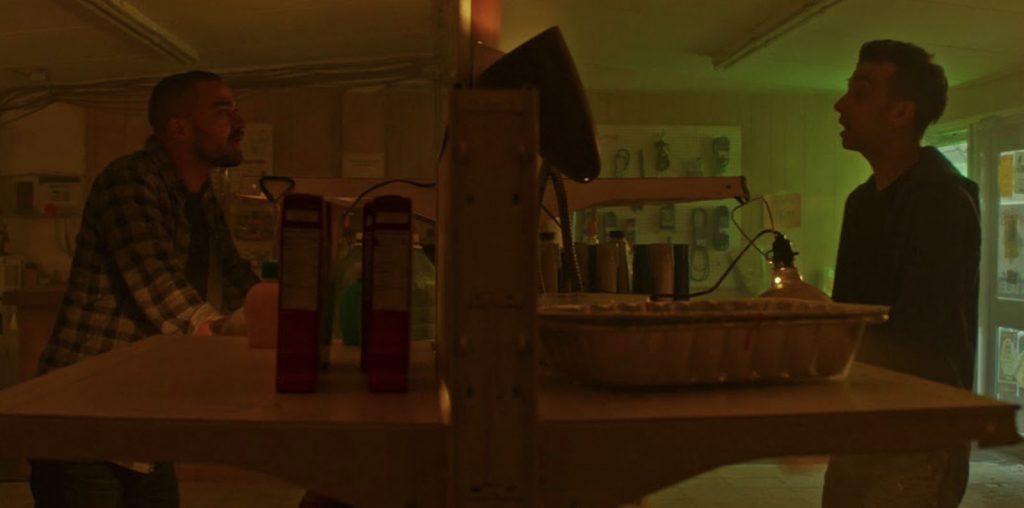
If expressions like “Bergman-esque” or “2 ½ hour German language drama” or “modern Gothic romance” don’t exactly set your hair on fire with delight, then you won’t find much to like about “Snowland,” Hans W. Geissendörfer’s deliberate tale of the recuperative powers of love through the ages.
Elisabeth (Maria Schrader) is probably not the sort of person who should be living in Sweden during the winter: she’s recently recovered from a grave illness and, to top things off, her husband Ingmar has just died in a car accident. Sinking deeper into depression, she packs her three kids off to their aunt’s and sets out for a drive through the barren snowfields of Lapland. Determined to join her departed husband in the afterworld, she leaves the car and embarks on foot across the snowy wastes, eventually coming to the place where she and Ingmar first declared their love for each other.
Something prevents her from just giving up and freezing death, however, and so she continues through the snow, eventually stumbling upon the body of an old woman in a small homestead. As the winter winds howl around her, Elisabeth attempts to piece together the woman’s life from clues left behind in her house.
She might as well, seeing as the TV’s out and they’d probably just be playing some Abba retrospective anyway.
What Elisabeth discovers, and what plays out before us in flashback, is that the dead woman’s name is/was Ina (Julia Jentsch). She lived in the house during the 1930s. Perhaps “lived” is too tame an _expression, she actually toiled on the homestead for her abusive father, who took great delight in caning her backside and then, when Ina’s mother passed away, using her as a sexual surrogate for his deceased wife as well. Ina’s life is, in short, pretty miserable, until she meets Aron (Thomas Kretschmann), the mysterious man with the mysterious past who has taken a summer job watching horses. Over the course of the film, Ina and Aron grow closer, and Elisabeth draws the inspiration from their story necessary to fight another day.
“Snowland” is a beautiful film, there’s no doubt about that. Geissendörfer shows Sweden’s frigid landscapes in all their stark beauty, emphasizing Elisabeth’s loneliness, while the fleeting summer scenes serve as an appropriate backdrop for Ina and Aron’s budding romance. These are necessary interludes, however, due to the ugliness taking place in other parts of the film. I’m not sure how many scenes of father-daughter incest or Ina cleaning up her dad when he soils himself are necessary to convey the brutish nature of Ina’s life, but we got the point. Trust me.
Julia Jentsch is a great find as Ina. Her transformation from helpless child to assertive adult is a welcome one, though not hard to believe. Aron is ridiculously good looking, after all, providing her with more than enough motivation to escape her situation. And when we finally do learn Aron’s deep, dark secret, it ends up being a lot less shocking than a good deal of what we’ve already seen.
Elisabeth herself is a bit twitchy, unfortunately, and audiences may have a hard time summoning up a great deal of understanding for a woman who seems so ready to abandon her kids in order to commit suicide. Come to think of it, I’m not even sure the modern day angle was necessary to the story. Elisabeth’s tale adds more tragedy to the proceedings, but it’s hardly necessary in the face of what Ina finds herself enduring. “Snowland” is a powerful film enough without it.


